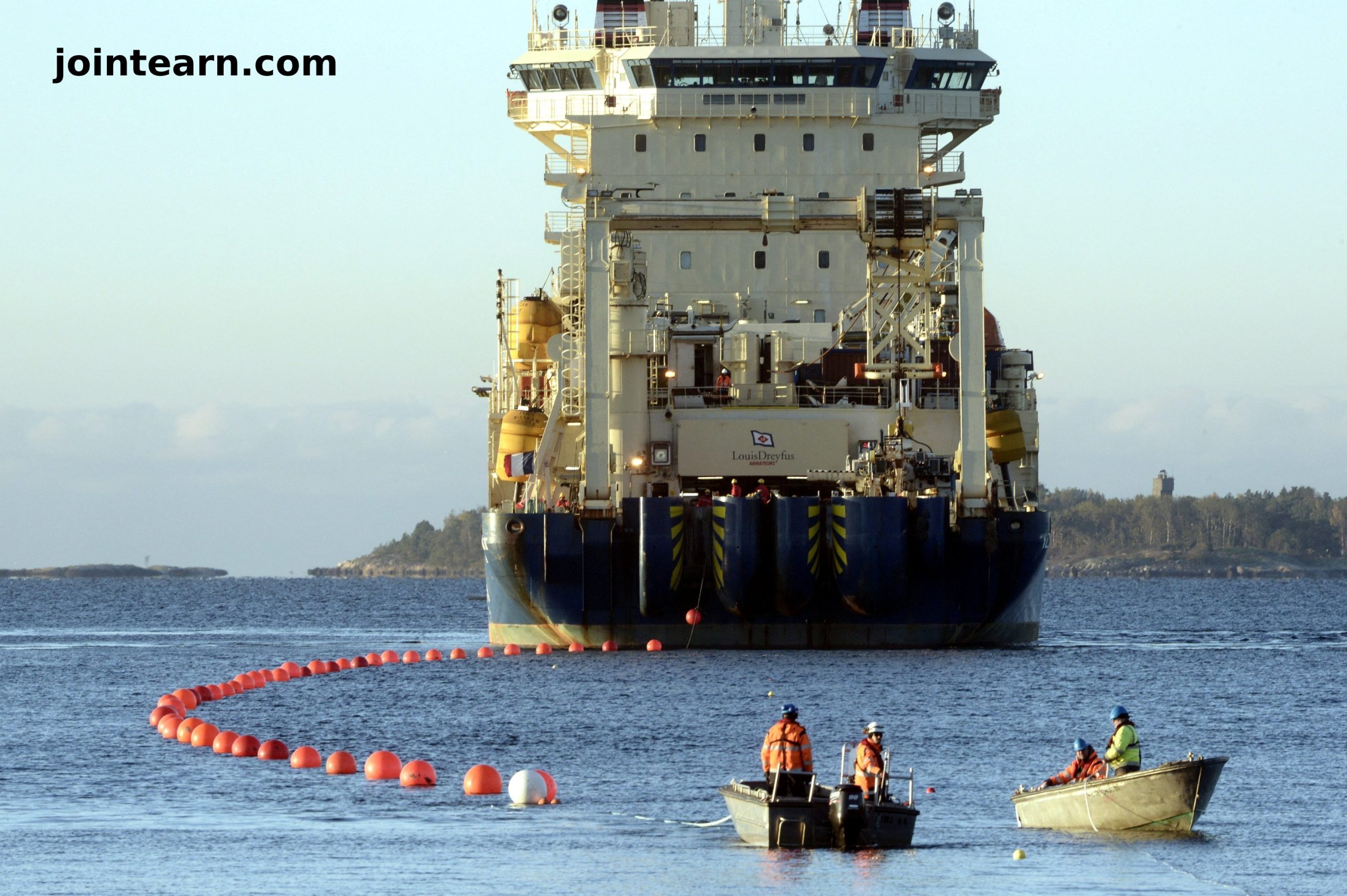Swedish authorities are investigating a suspected sabotage incident involving an undersea telecommunications cable in the Baltic Sea, which connects Germany and Finland. This latest breach is part of an ongoing series of attacks on critical undersea infrastructure, including cables and gas pipelines, since Russia’s invasion of Ukraine in 2022.
Increase in Undersea Infrastructure Damage in the Baltic Sea
The Baltic Sea has seen a rise in damage to undersea cables and pipelines in recent months, with many incidents suspected to be attacks. As a result, NATO launched a monitoring mission in the region last month to address growing security concerns.
The Swedish coastguard has dispatched a research vessel to the site of the suspected sabotage, located to the east of Gotland, Sweden’s largest island. The region is now under close scrutiny as part of the investigation into this critical incident.
Sweden’s Response to Telecom Cable Damage
Sweden’s Prime Minister, Ulf Kristersson, confirmed the government’s awareness of the cable break and emphasized the significance of the event in the context of the ongoing security risks in the region. The suspected sabotage is seen as part of the larger geopolitical tensions that have emerged following the war in Ukraine.
Cinia Reports Damage to Fiber-Optic Cable
The undersea telecom cable, owned by Finnish telecom provider Cinia, was found to have sustained minor damage. However, Cinia confirmed that the fiber-optic cable is still functioning normally. Notably, this marks the third instance of damage to this particular cable in recent months, with a previous breakage occurring in November last year.
Investigation and Ongoing Risks to Baltic Sea Infrastructure
Swedish police have classified the incident as suspected sabotage, although the exact timing of the damage remains unclear. The Swedish coastguard has mobilized the KBV 003 research vessel to assist with the crime scene investigation in Sweden’s economic zone.
Suspicion of Russian Involvement in Undersea Attacks
There is growing concern among European leaders regarding potential Russian involvement in these breaches of undersea infrastructure. While sabotage is suspected, other factors such as poor weather conditions, inadequate equipment, and human error have also been cited as causes of some recent damage incidents. A Bulgarian ship, the Vezhen, was cleared of any sabotage involvement earlier this month after an investigation by Swedish authorities.
Conclusion: The Ongoing Threat to Undersea Cables and Pipelines
With the rise in attacks on critical infrastructure in the Baltic Sea, the safety and security of undersea cables and pipelines remain a major concern for nations in the region. As geopolitical tensions continue, authorities will likely intensify their efforts to protect these vital connections.












